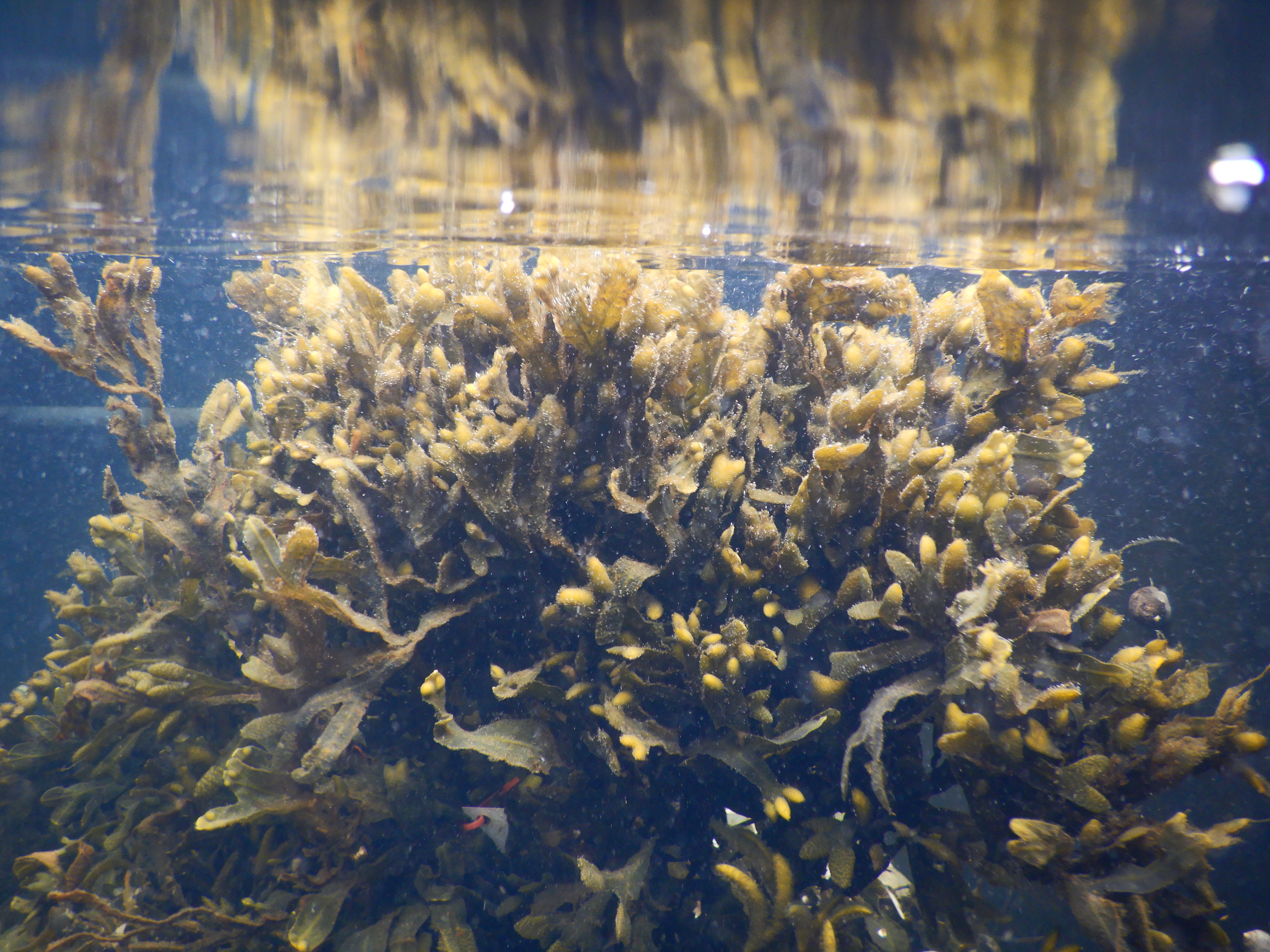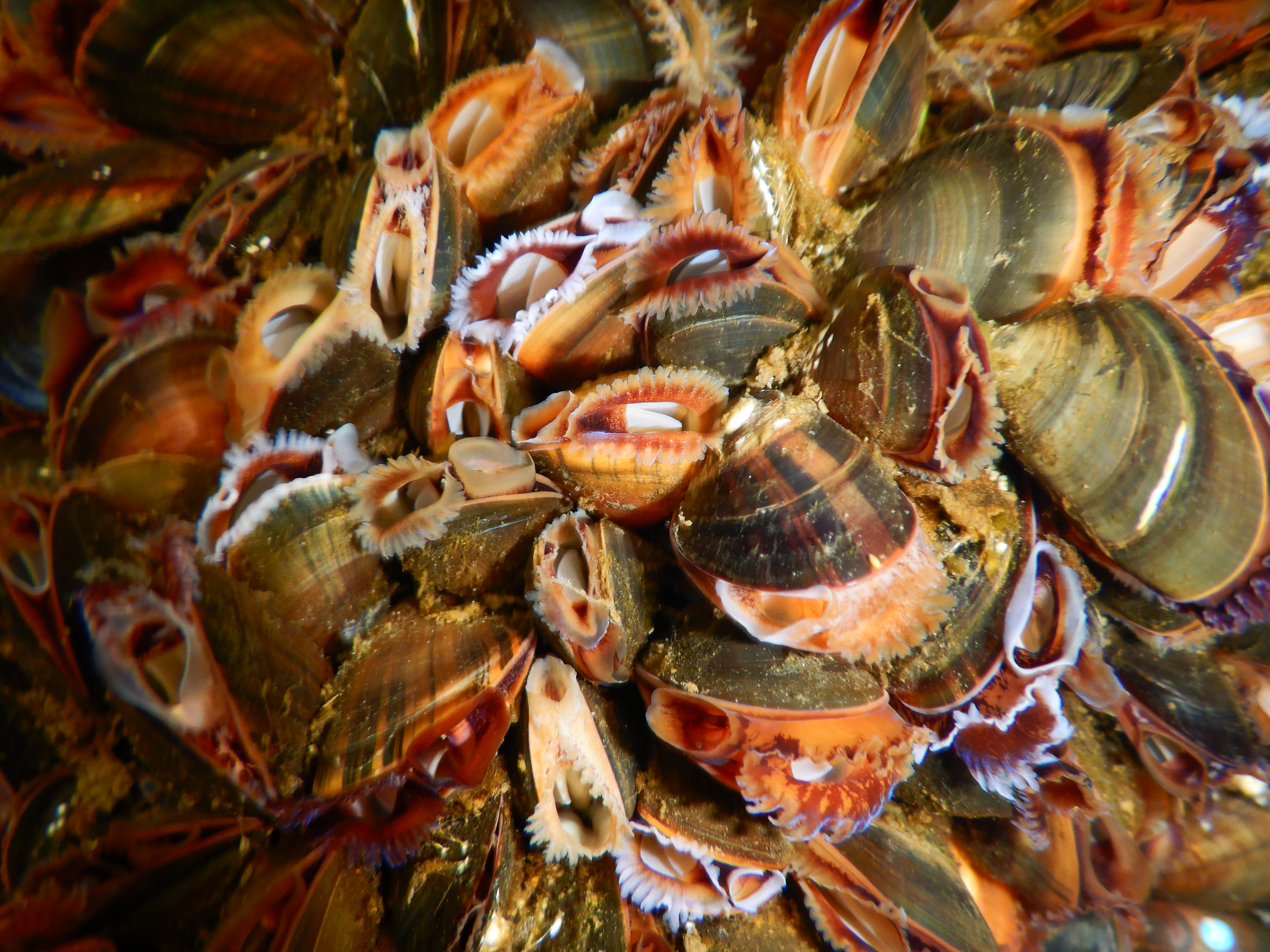Our research focuses on the impacts of environmental variability and extreme climatic events, such as marine heatwaves, freshening events and hypoxic upwelling, on benthic marine communities. Here, we have developed novel infrastructure and new approaches addressing the complexity of variable environments in a climate change context. We apply approaches from eco-physiology to testing entire communities in response of multiple and fluctuating climate change drivers.
Within The Sea, a recently launched research profile at Åbo Akademi University, we aim to investigate the role of extreme climatic events within the Archipelago Sea, their perception in society, and measures that may help mediate their negative impacts on the underwater ecosystem.
Research group and collaborators:
Assoc. Prof Dr. Christian Pansch-Hattich
Assoc. Prof Christoffer Boström (seagrass and spatial ecology)
MSc Lucinda Kraufvelin (marine heatwaves, food webs)
Dr. Lukas Meysick (Helmholtz Institute for Functional Marine Biodiversity at the University of Oldenburg, HIFMB)
PI Marie C. Nordström (food web ecology)
Dr. Conny Sjöqvist (eco-evolutionary approaches combining experimental ecology and metagenomics)
Dr. Jahangir Vajed Samiei: GEOMAR Helmholtz Centre for Ocean Research Kiel
MSc Fabian Wolf (GEOMAR Kiel, Germany; heatwave modelling, seagrass ecology)



Projects:
| Period | Name |
| 2021-2025 | Impacts of marine heatwaves on the functioning of temperate coastal ecosystems under the influence of non-indigenous species (PhD Lucinda Kraufvelin, Doctoral programme at Åbo Akademi University) |
| 2021-2024 | BiodivERsA Call on Biodiversity and Climate Change: Pathogenic Vibrio bacteria in the current and future Baltic Sea waters: mitigating the problem (BaltVib) |
| 2021-2022 | Marine heatwaves in the Archipelago Sea – from identification and measuring their impacts, to implementation of mitigation strategies |
| 2019-2022 | Extreme Events in the Baltic Sea – Fabian Wolf DBU Fellowship, Tyskland |
| 2018-2022 | Does higher within-species diversity increase resilience of seagrass beds to fluctuating future marine climates? In collaboration with Jonathan Havenhand, Göteborgs Universitet |
Impact:
Partner in GAME (in ÅA website, Global Approach by Modular Experiments, an international research and education program for students of biology and environmental sciences that enables young scientists to investigate the effects of global change on coastal seas)